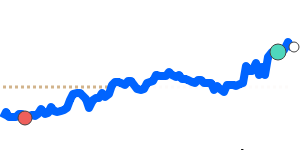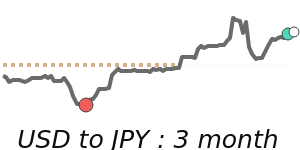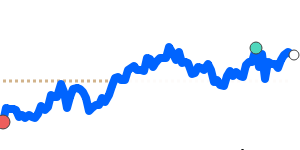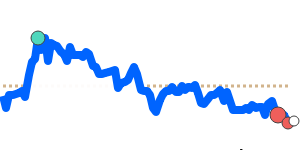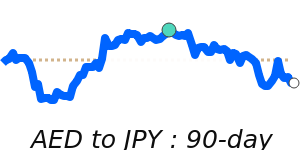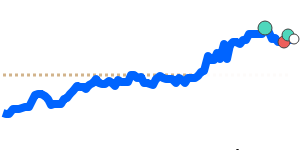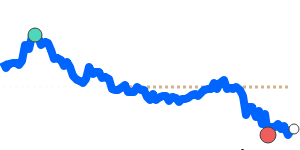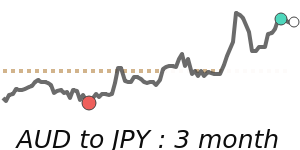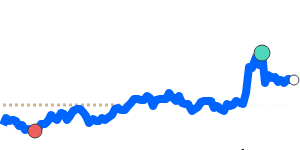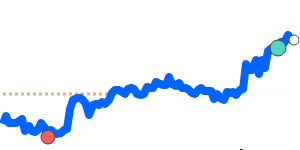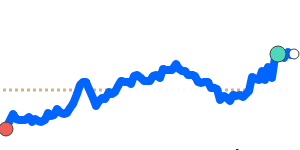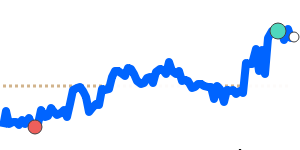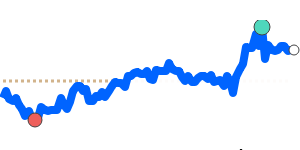Outlook
The yen is likely to stay rangebound near current levels in the near term as BoJ policy normalization contrasts with a still-tight global policy stance. If risk-off flows re-emerge or U.S. yields rise, the yen could find modest support; renewed talk of intervention would keep downside volatility in check. Remitters and exporters should watch for any fresh policy signals from Tokyo and any signs of sustained intervention.
Key drivers
- BoJ's December 2025 rate hike to 0.75% and inflation around 3% target underpin a tighter stance, potentially lifting domestic yields and offering some yen support if global risk appetite remains cautious.
- Quantitative Tightening plan reduces government bond purchases by about 400 billion yen per quarter, with total JGB holdings seen falling around 7%–8% by FY2026; liquidity removal can push yields higher and attract Japanese-asset demand, supporting the yen in calmer markets.
- January 2026 speculation of government intervention led to a 1.2% yen rally, highlighting lingering intervention risk and the potential for abrupt moves on policy talk.
- The U.S. Treasury monitoring list for FX practices underscores ongoing scrutiny and the possibility of policy-driven volatility around yen moves.
Range
JPY/USD: 0.006404 current; near its 3-month average; 3-month range 0.006284–0.006566.
JPY/EUR: 0.005380 current; 3-month average 0.005468; range 0.005370–0.005601.
JPY/GBP: 0.004681 current; 3-month average 0.004772; range 0.004666–0.004930.
What could change it
- Another surprise from the BOJ, including quick shifts in policy guidance or further tightening steps, could push the yen higher or trigger sharper volatility.
- Renewed, credible currency intervention by Japanese authorities would likely generate immediate, noticeable moves.
- Shifts in U.S. monetary policy or risk sentiment, including Fed guidance, could alter USDJPY dynamics and overall yen direction.
- Ongoing FX-practices scrutiny and related policy signals from global authorities may influence market positioning and volatility around yen moves.
